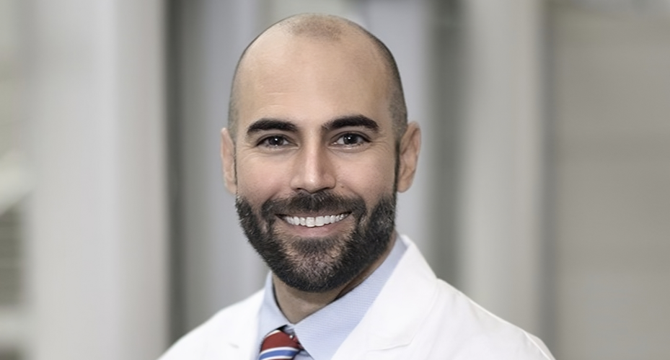Unite
1M
439

Image Credit: Unite
Dr. James Tudor, MD, VP of AI at XCath – Interview Series
- Dr. James Tudor, MD, is the VP of AI at XCath, a startup focused on advancements in medical robotics, nanorobotics, and materials science, and the development of endovascular robotic systems for treating cerebrovascular disorders and other serious medical conditions.
- Dr. Tudor balances his roles as a practicing radiologist, Assistant Professor of Radiology at Baylor College of Medicine, and AI researcher, and is driven by his passion for the convergence of technology and medicine.
- AI can play a crucial role in assisting and proctoring robotics procedures, thereby enhancing the consistency and quality of care, while parallel autonomy in robotic systems can significantly improve both the safety and efficiency of procedures.
- XCath's AI algorithms, through real-time image analysis, can serve as a constant teacher and assistant, decreasing the cognitive load and leveling up every provider to provide world-class care.
- XCath seeks to increase access to mechanical thrombectomy with a hub-and-spoke model, where specialists provide expert stroke care from a distance with endovascular telerobots deployed to regions without access.
- XCath's ElectroSteer Deflectable Guidewire System features a steerable tip that is engineered to navigate complex vascular anatomies and challenging vessel angulations, and will be enhanced in the future with locally embedded AI computer vision and path planning models.
- AI in healthcare has immense potential to revolutionize the industry as it continues to augment and proctor surgeons, freeing up physicians' valuable time through automated medical record documentation and real-time patient interaction.
- With the extreme precision of the robotic controls, there is potential for using the robot locally to perform technically difficult surgeries, such as aneurysm repairs.
- XCath is uniquely positioned to pioneer telerobotic surgery, starting with stroke treatments, which could pave the way for telerobotic solutions in other time-sensitive medical emergencies.
- AI advancements in supervised deep learning models that have received FDA approval will likely culminate in a wave of generative AI applications over the next few years, with multi-agent systems that can diagnose and treat in real-time set to follow that.
Read Full Article
26 Likes
For uninterrupted reading, download the app